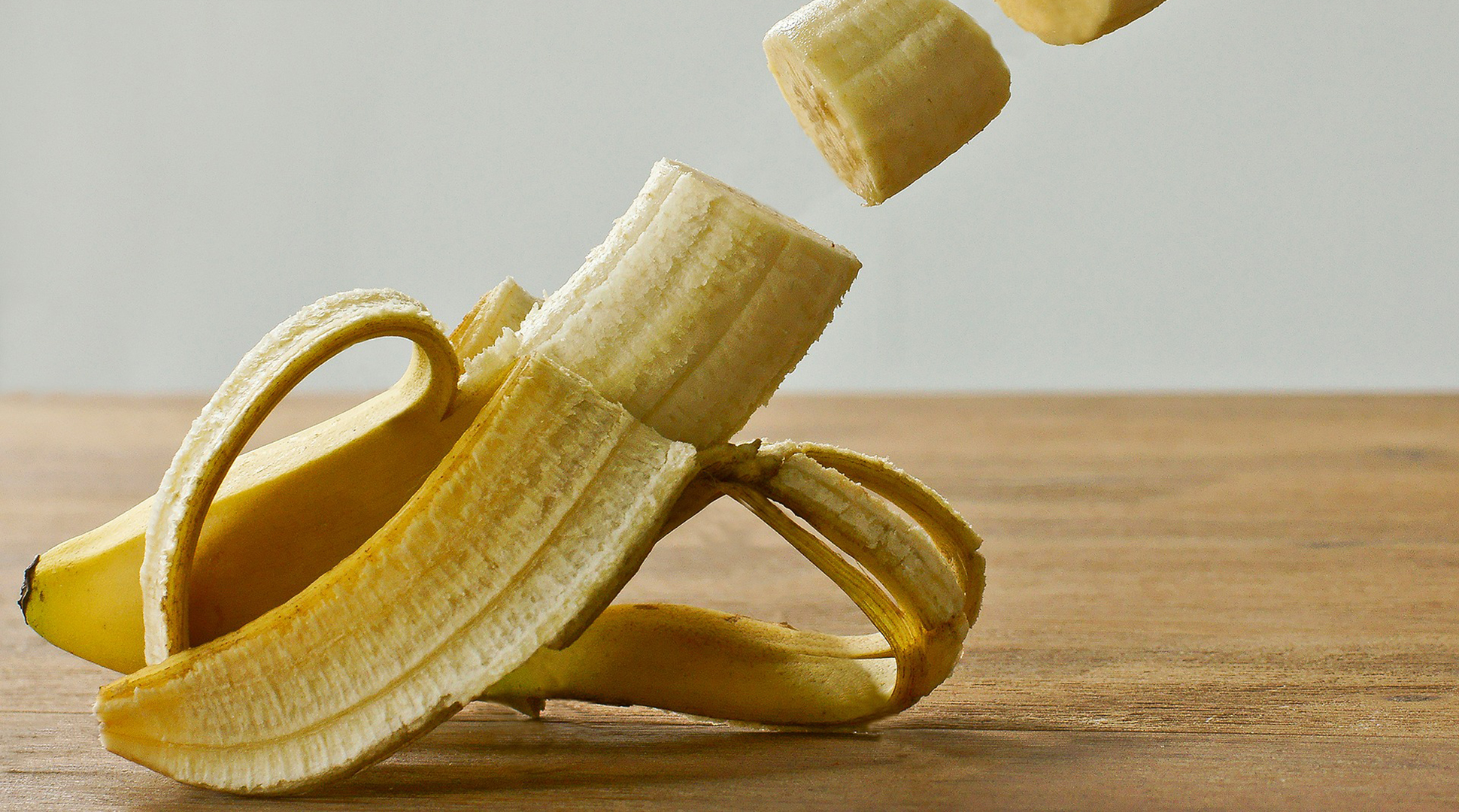If it's labeled "natural" most people naturally think of the word "safe." We have been led to believe that if it is natural, it will not hurt you.
It just isn't true.
Nicotine, opium, heroin, morphine and cocaine all come from plant sources. Arsenic, radon, lead and strychnin are all natural.
According to the U.S. Food and Drug Administration, "The FDA has considered the term 'natural' to mean that nothing artificial or synthetic (including all color additives regardless of source) has been included in, or has been added to, a food that would not normally be expected to be in that food. However, this policy was not intended to address food production methods, such as the use of pesticides, nor did it explicitly address food processing or manufacturing methods, such as thermal technologies, pasteurization, or irradiation. The FDA also did not consider whether the term 'natural' should describe any nutritional or other health benefit."
In other words "natural" doesn't neccessarily mean safer, or better.
According to the National Center for Complementary and Integrative Health (NCCIH), researchers have learned that "a person's preference for natural things involves a range of ideas, including the belief that nature is pure and inherently superior to humans."
Another curious development is that people have come to equate a "chemical" with being toxic and man-made. But, again, according to NCCIH, "Everything is made of chemicals -- the apple on your kitchen countertop, the ceramic mug in yur cupboard, and even the air that you breathe. In fact, you are made up of chemicals too."
Check out this graphic made by an Australian teacher, James Kennedy, to show just how many chemicals are in an all-natural banana! (You might also want to check out his natural pesticides in cabbage infographic.)
So natural isn't necessarily safer or better, and everything is made of chemicals.
Don't fear your food. Enjoy it.
